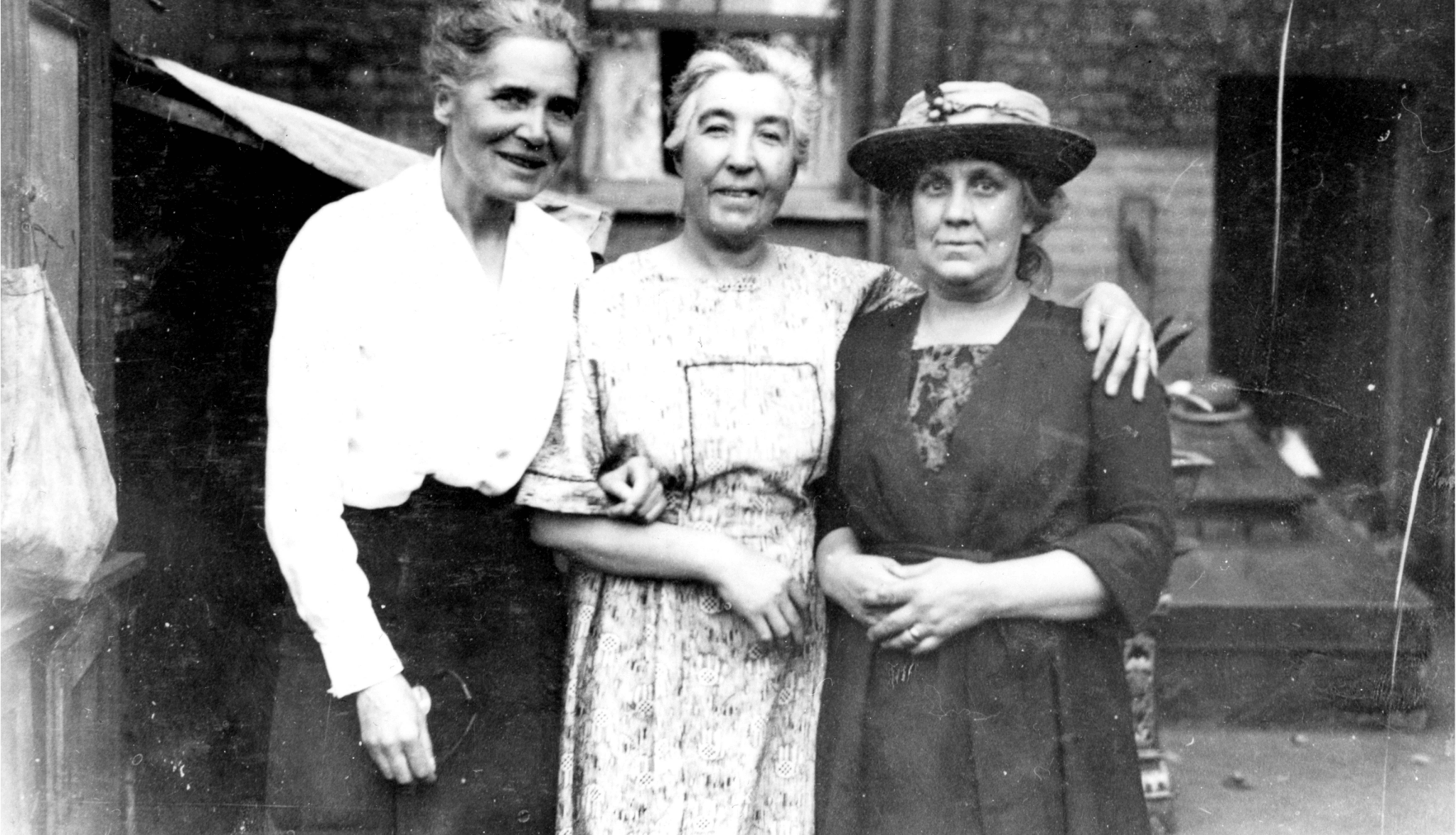
From suffragettes to social media activists, the past 150 years have witnessed East London women from all walks of life campaign to make the world a better place.
Many have taken huge risks, or endured great hardship for their cause. All of them have dedicated their heart and soul, quite often juggling childcare, careers and other responsibilities at the same time.
Between 2015 and 2020, with thanks to The National Heritage Lottery Fund and our dedicated team of volunteers, we collected stories of women activists in East London. The results of that project can be found on this website.
Check out our online exhibition, podcast and report to discover more.
We also have some learning resources for primary school children.
To find out more about our work celebrating women’s history, join our mailing list
